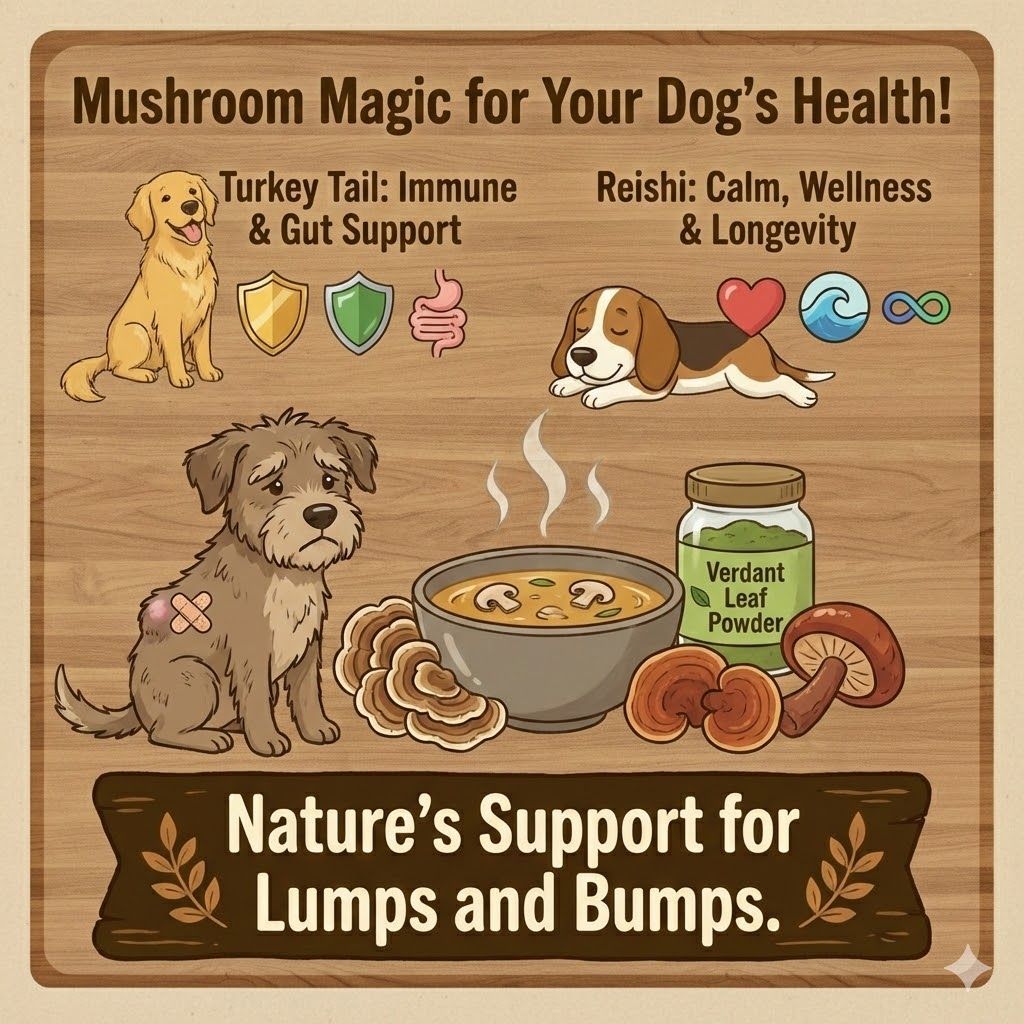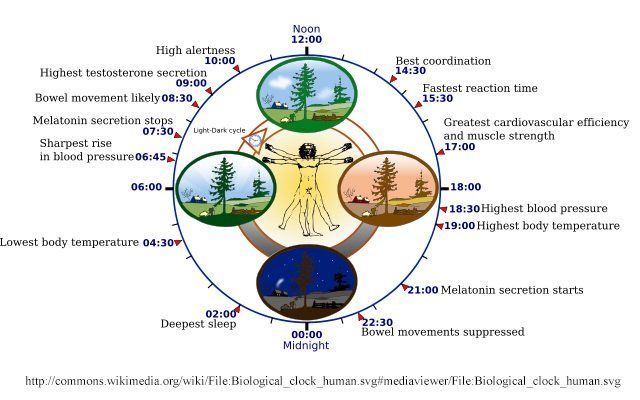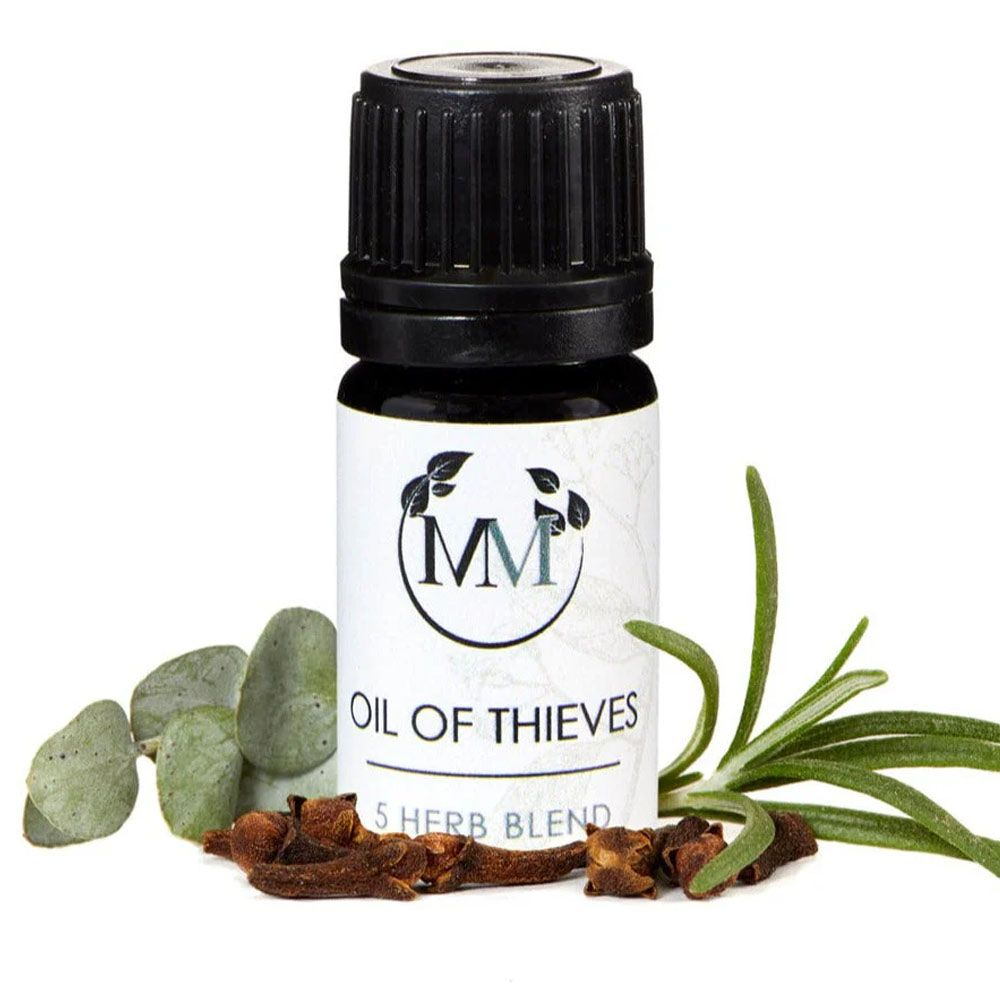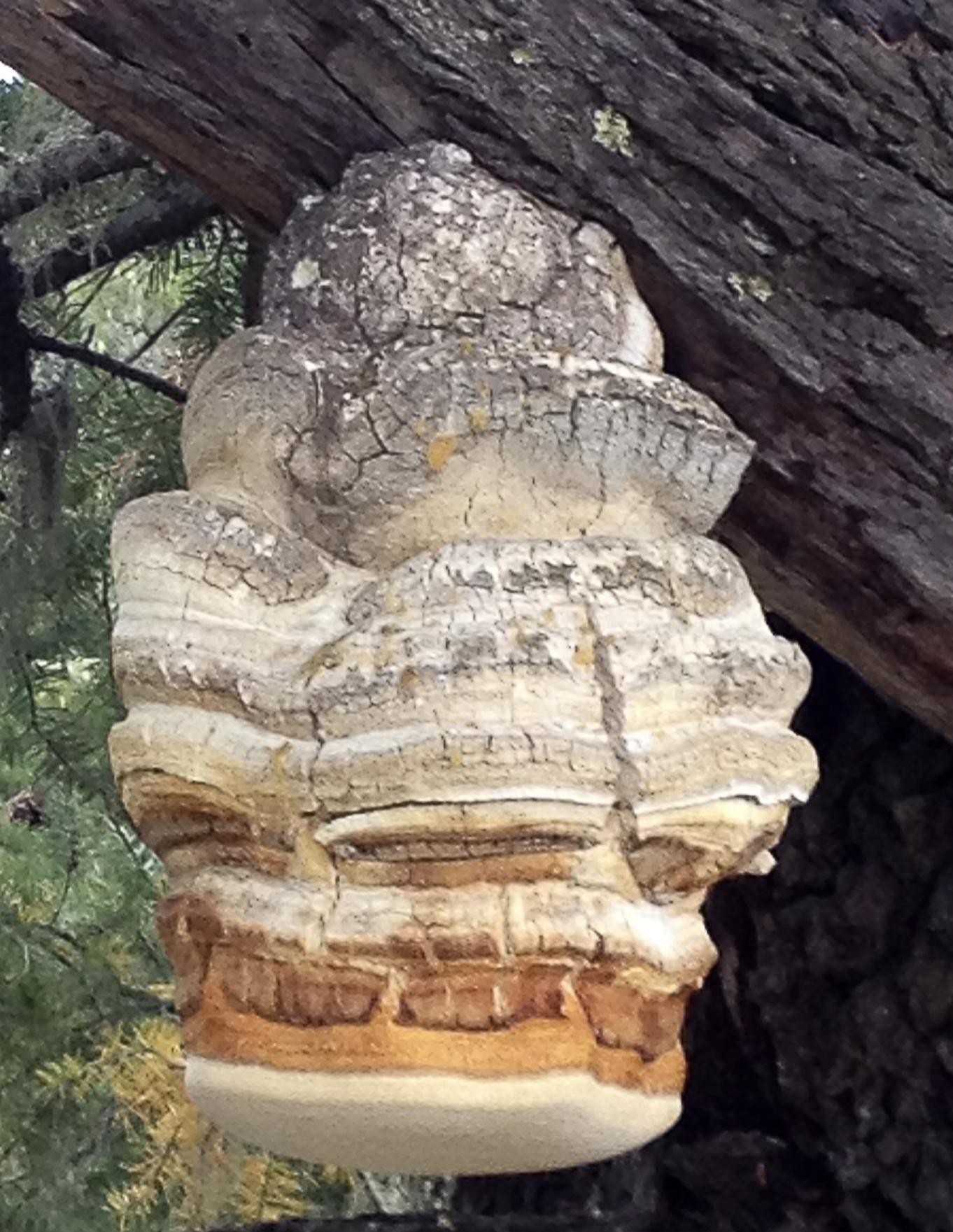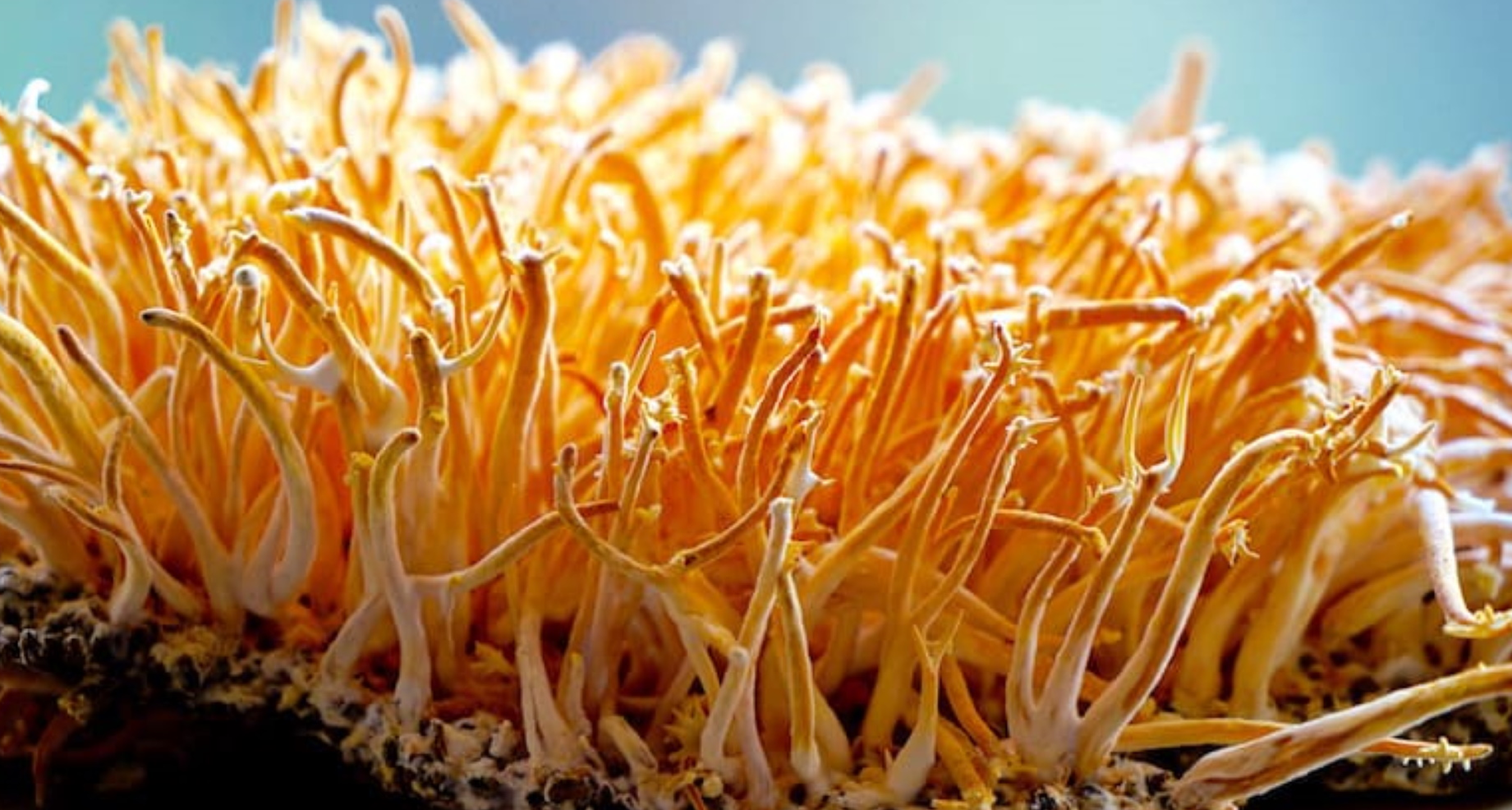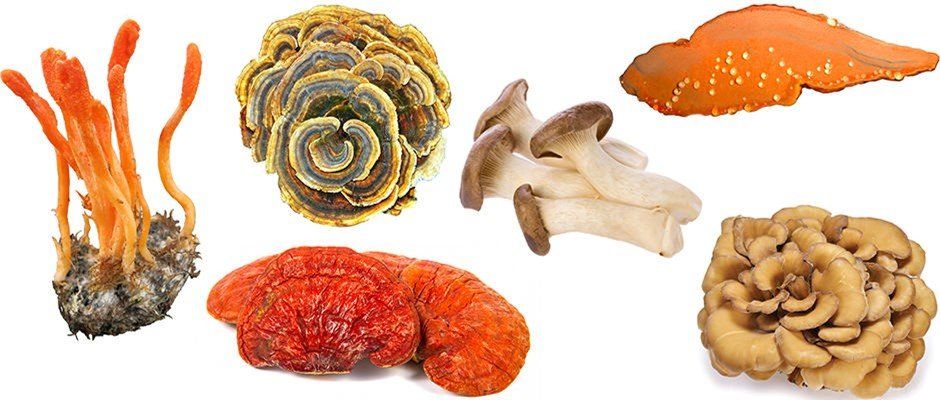CBD & Circadian Rhythm
Understanding your biological clock
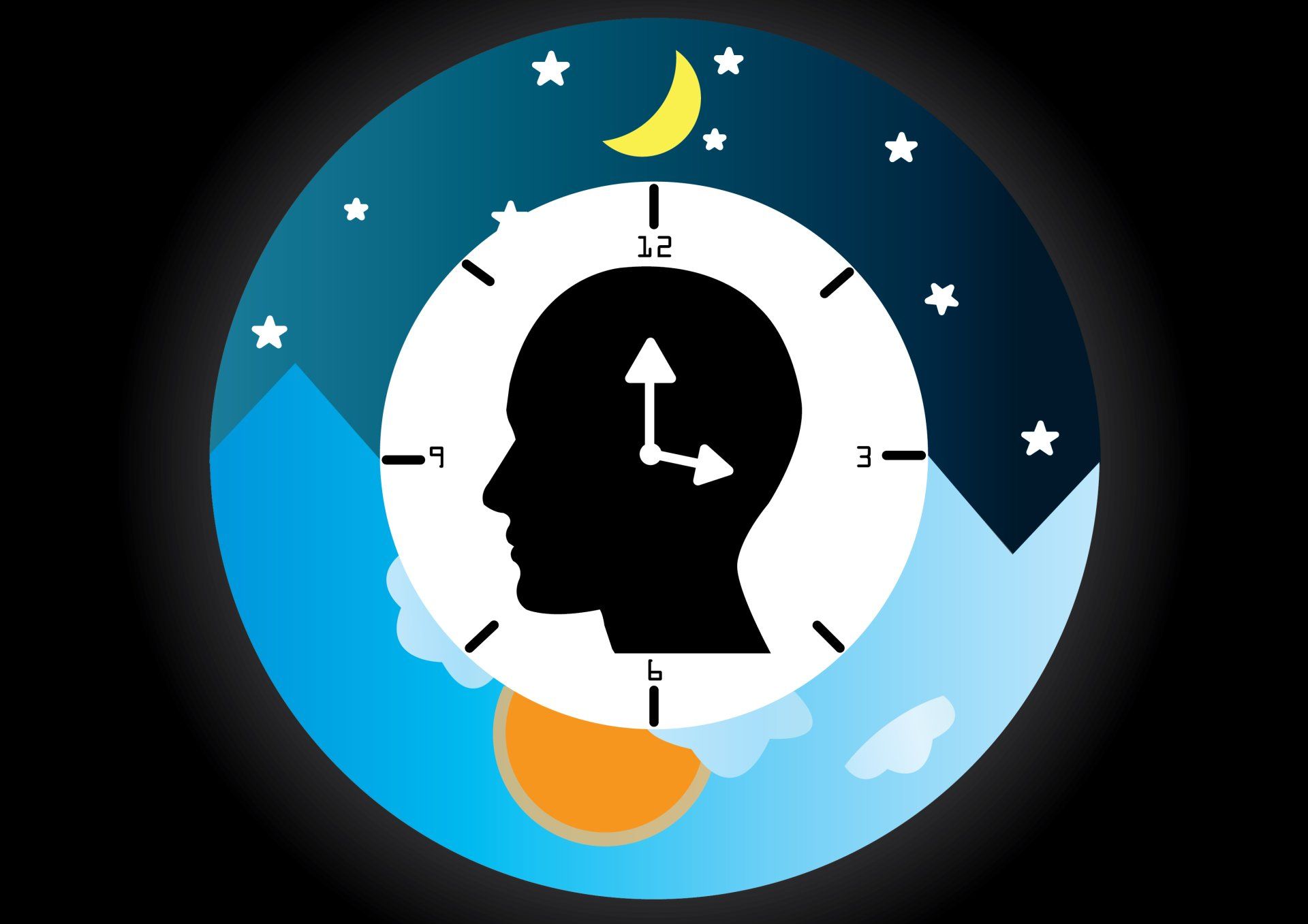
Ever notice how you feel sleepy and energized at around the same times every day? This is due to your Circadian Rhythm, or your body's 24 hour internal clock if you will. In this article we will discuss our circadian rhythm, disorders that can affect it, and how CBD can support your sleep cycles and help you lead a more balanced life.
What does Circadian Rhythm mean?
We all have a hardwired biological clock that determines when we sleep and when we wake. This clock is calibrated by the presence and absence of light. For most people, this clock allows us to sleep at night and be wakeful during the day. A part of your brain called the hypothalamus is the command center for your sleep/wake cycle (or Circadian Rhythm). It works by way of signals. For example: When it gets dark outside your eyes send a signal to your brain that it is night time, which in turn causes your brain to send a signal to your body to produce melatonin. This cycle is essentially repeated in reverse when the sun comes up and it's time to wake up. When exposed to first light and it's time to wake from sleep your body begins preparing by raising body temperature, blood pressure, & heart rate, as well as signaling the body to stop melatonin production and produce & release hormones such as cortisol.
The diagram below lays out the natural circadian rhythm and goes into detail about how the body responds to the day/night cycles.
What are the disorders that can affect sleep cycles?
There are many disorders that can disrupt your circadian rhythm. For the purposes of this article we will discuss the most searched disorders, but I will link the most common disorders below.
- Shift-Work Sleep Disorder: Otherwise known as SWSD, shift-work sleep disorder occurs in many people who work non-traditional work hours. Like I mentioned above, a healthy human body is hard wired to get sleepy when it gets dark and feel wakeful when the sun comes up. SWSD can occur in people who work graveyard shifts, rotating shifts, or even early morning shifts. These folks are going to work when the sun is down and their bodies are sending all sorts of signals that it is time to sleep. Those who have to work rotating shifts tend to have the hardest time getting a handle on their sleep cycle because they are never able to get accustomed to the disruption in cycle. On the flip side of this, there are many people who have a naturally flipped circadian rhythm, making them natural night owls and therefore perfect for night shifts. Symptoms of SWSD can include
- Sleepiness when it's time to be awake
- Alertness when you need to sleep
- Lack of energy
- Trouble concentrating
- Issues in close relationships
- Mood swings and depression
- Insomnia and/or fitful sleep
- Here are a few things you can do to help if you are suffering with SWSD:
- Start a consistent CBD dosing schedule (call me if you have questions, it's kinda my thang ;-D)
- Turn on as many lights as possible when your alarm goes off to signal your body to start preparing for a wakeful state.
- When you are on your way home to sleep, wear dark glasses
- No caffeine at least 4 hours before time to sleep
- Avoid bright lights (especially phone and tablet screens) at least an hour before sleep
- Invest in good room darkening shades, the dark will help your body signal that it is time to sleep. {Editors Note: I find that covering my eyes with a sleep mask or dark colored fabric helps a lot}
- CBD bath bombs before bed, especially in relaxing scents
- Use white noise (such as a fan or sleep app) or wax ear plugs to drown out daytime noise
- Try to get at least 48 consecutive hours off after a series of shifts
- Do your best to maintain a consistent sleep cycle even on your days off. This takes discipline, but is very important.
- Work out with family members or room mates to keep noise to a minimum when you are sleeping to avoid disruption of sleep
- Avoid energy drinks and drink PLENTY of water.
- Exercise! Even 10 minutes of aerobic exercise can help you sleep much better, however avoid strenuous exercise right before bed.
- Jet Lag: Jet lag (sometimes called Jet Lag Disorder) is defined by Oxford as "Extreme tiredness and other physical effects felt by a person after a long flight across several time zones". Traveling across time zones is a pretty violent assault to your circadian rhythm. Your internal clock is synced to your original time zone, and therefore your body is going to automatically want to stick to that schedule. The greater the time zones traveled, the worse off you will most likely be. Some people experience symptoms immediately and others report symptom onset a day or 2 after the travel. This could be due to the initial excitement and activity of the day of travel. Symptoms of Jet Lag can include:
- Excessive sleepiness
- Disturbed sleep & insomnia
- Bowel issues such as constipation and/or diarrhea. (your body naturally suppresses your bowels when you are asleep)
- Moodiness
- Anxiety and a feeling that your body is "heavier" than usual
- Trouble concentrating and functioning at your normal level
- Daytime sleepiness and trouble keeping your eyes open
- Here are a few things you can do to help avoid and/or relieve Jet Lag symptoms.
- Make sure you are getting plenty of good rest the week before your trip, especially if you are traveling over multiple time zones. Starting out sleep deprived will make it next to impossible to alleviate jet lag.
- Stay well hydrated. Humidity levels are low on planes, so it is imperative that you stay very well hydrated. Using a hyper oxiginated alkaline water will help. Dehydration will make symptoms of jet lag much worse.
- Adjust your schedule the week before you leave. If you are traveling east and will be loosing time, try going to bed an hour earlier for a few days. On the flip side, if you are traveling west and gaining an hour, go to bed an hour later for a few days to help your circadian rhythm naturally prepare.
- Stick to the new schedule once you arrive. Take your meals according to local times as well as going to sleep with local nighttime.
- Regulate bright light exposure. See tips above.
- Plan for the plane. If it is nighttime where you are going then make sure you have the things you need (ie: sleep mask, ear plugs, etc.) & try to sleep on the plane. If it is daytime where you are going make sure you have plenty to keep you occupied and avoid sleeping on the plane.
Other Circadian Rhythm Disorders
Click any of the disorders below to learn more about them
- Delayed Sleep-Wake Phase Disorder (DSP)
- Advanced Sleep-Wake Phase Disorder (ASP)
- Irregular Sleep-Wake Rhythm
- Non-24 Hour Sleep-Wake Rhythm
How can CBD help support Circadian Rhythm?
Your circadian rhythm is all about a beautiful balance, and your Endocannabinoid Systems only job is balance! CBD naturally supports your Endocannabinoid System and helps bring balance back to your body at a cellular level. You can use CBD in your favorite form to help promote and balance sleep, but the way I prefer is edibles, especially gummies. As the gummy digests in your system it is releasing cannabinoids over that time period and it seems to help the most for me. As in using CBD for anything, you must find your sweet spot or therapeutic window. Start slow and work your way up.
I hope some of these tips and adding CBD to your regimen helps you if you are suffering from a disruption in your circadian rhythms and you begin to experience relief. Please feel freel to call me at Rustic Oils any time if you have questions.
Rustic Oils CBD Of Lee's Summit LLC Blog
